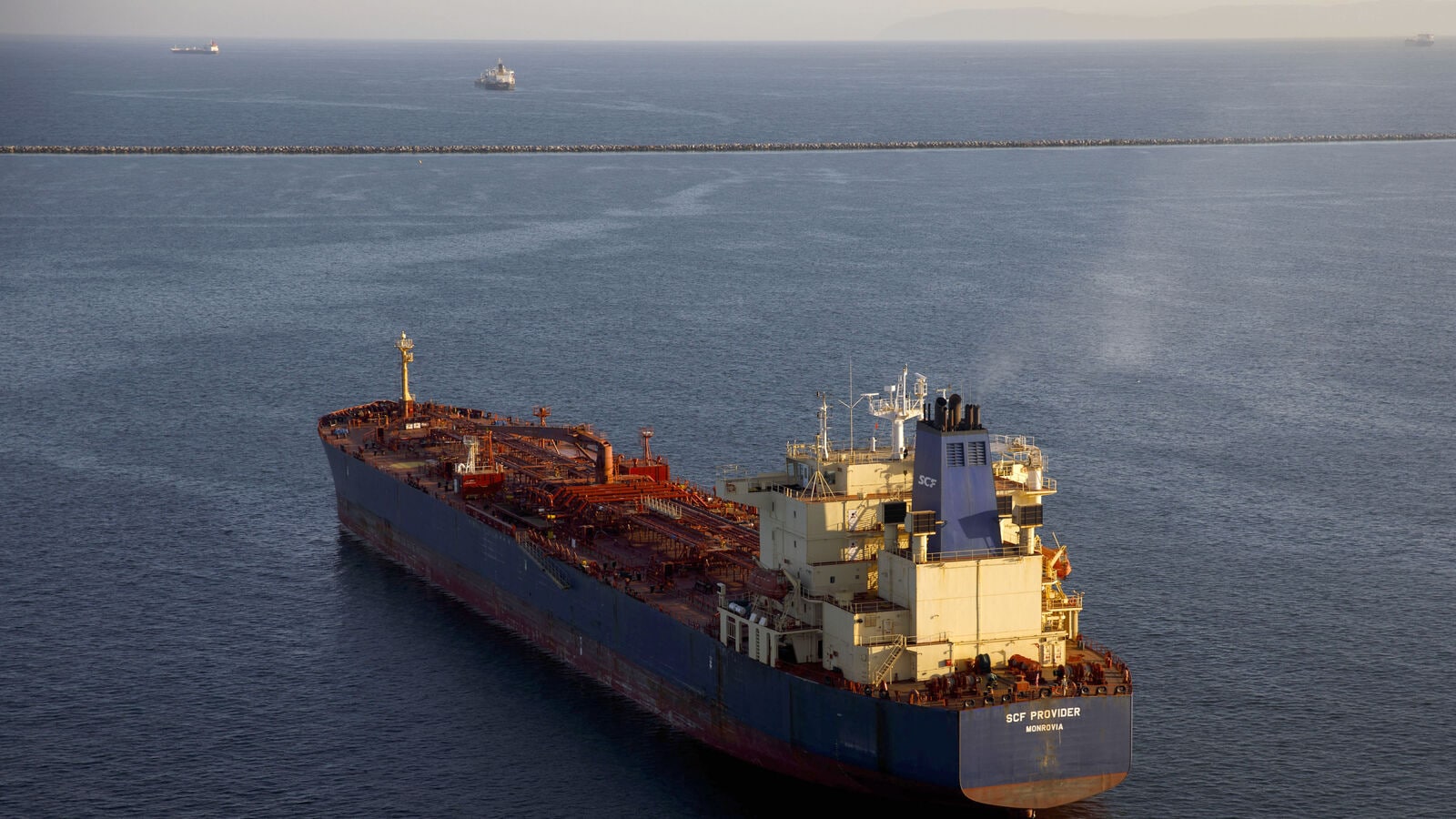It is estimated that every US$1 fall in crude oil prices results in annual savings of approximately Rs 13,000 crore on India's import bill.
The Economic Survey for 2024 estimates the average price of crude oil to be US$84 per barrel in this financial year. However, crude oil prices have moderated and are now trading between US$70 to 75 per barrel.
Experts believe that if prices stabilize in this range, India will make substantial savings on crude oil imports in the remaining part of this financial year.
“The Indian government has set a target near US$85, and the current economic package is near US$70/72, indicating substantial gains. Crude oil price expectations for 2025 are muted, with prices near US$80. The dollar is predicted to remain below par, which could lead to gains. Ajay Kedia, Director, Kedia Advisory, said in an exclusive conversation with ANI that the Indian economy will remain sustainable till March 2025.
A large part of India's foreign exchange reserves is used to buy crude. With reduction in import bill, the Indian Rupee may experience appreciation against other major currencies.
Currently, the Indian Rupee is stable at 83.60 against the USD, while many other currencies in the developed world have seen significant declines.
Kedia said, “A fall in crude oil prices to US$75 per barrel will significantly benefit the Indian economy, leading to annual savings of US$15-18 billion on import bill, reduction in inflation and fiscal space for critical investments.” There will be scope.”
Additionally, India's foreign exchange reserves have reached an all-time high of nearly US$689 billion as per RBI data, providing a solid foundation for economic stability.
Strong reserves, coupled with low crude oil prices, will allow the government to spend more on infrastructure and other social welfare measures as well as reduce its borrowings.
But, despite the positive outlook, the government is cautious about passing on the benefits to consumers. Concerns about a possible global recession and RBI's rate cut decision have kept the decision on cutting retail prices of petrol and diesel pending.
Amidst all this, oil companies are earning good profits on the sale of petrol and diesel.
Overall the situation remains favorable for the Indian economy. Strong equity markets, resilient rupee and strong foreign reserves indicate positive momentum, even as global oil prices fall.
Get information about upcoming cars in India, electric vehicles, upcoming bikes in India and cutting-edge technology that is changing the automotive landscape.
First publication date: 29 Sep 2024, 08:23 am IST


